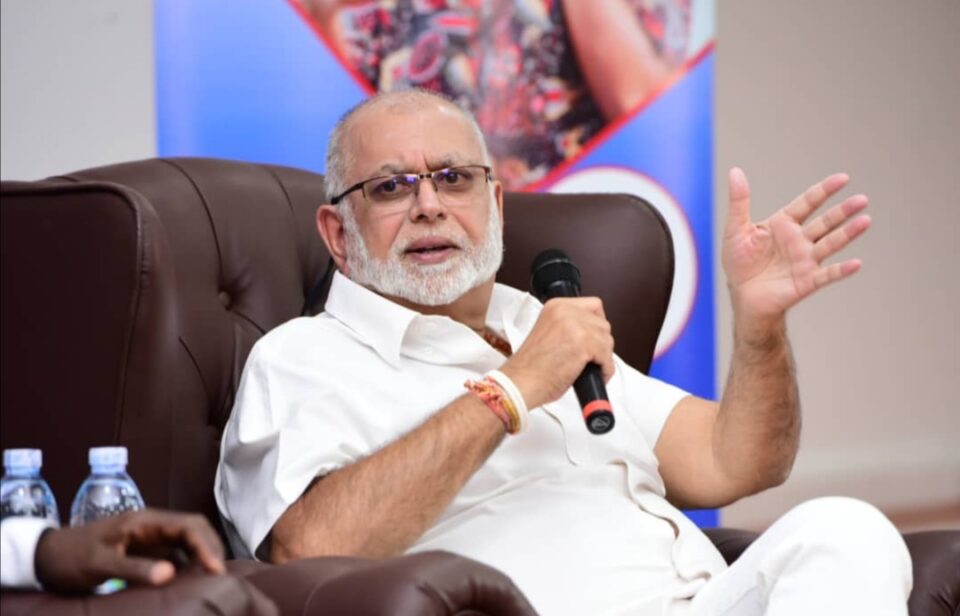By Frank Kamuntu
Sudhir Ruparelia’s call for the recognition of Indians as a formal tribe in Uganda is deeply rooted in historical context and economic significance. His argument is compelling when we consider both the historical contributions and the current status of the Indian community in Uganda.
Historical Background
Indians have been part of Uganda’s fabric for over 120 years, first arriving during the British Colonial era. Many were brought in as labourers to build the Uganda Railway, while others settled as traders.
However, the community faced severe disruptions in 1972 when then-president Idi Amin expelled over 50,000 Asians, confiscating their properties and handing them over to Ugandans.
Despite this dark chapter, many returned in the 1980s after President Museveni’s government invited them back, emphasising reconciliation and economic revitalisation.
Sudhir, who was part of this community, fled with his family to the UK during the expulsion but returned in the 1980s to rebuild his business empire. Today, he is Uganda’s wealthiest individual, with a net worth of over $1.2 billion. He is the fourth generation of his family born and raised in Uganda, making a strong case for his African identity.
Economic Contributions
Dr. Sudhir highlighted that although the Indian community constitutes just 0.001% of Uganda’s population, they contribute up to 65% of the nation’s total tax revenue, which is an astounding figure. This economic influence, combined with their commitment to staying in Uganda despite past adversities, adds weight to their case for tribal recognition.
The Argument for Recognition
Sudhir’s argument is simple: “We have nowhere else to go!” He points out that the Indian community has been integrated into Uganda’s economic and social landscape, contributing to its growth while calling it their home. He believes that the Indian community’s long-standing presence, deep-rooted ties, and economic impact merit formal recognition as a tribe, just like other communities that migrated to Uganda and were eventually recognized.
Voices and Perspectives
Sudhir’s campaign has been met with mixed reactions. On one hand, proponents argue that the Indian community has contributed significantly to Uganda’s development and deserves formal acknowledgement.
On the other hand, some critics question whether recognising Indians as a tribe would set a precedent for other minority groups, complicating Uganda’s already diverse tribal landscape.
Why It Matters
Recognising the Indian community as a Ugandan tribe would not only acknowledge their contributions but also provide them with a stronger sense of belonging and cultural identity.
As Sudhir humorously puts it, “Who can be more African than me?” Born in Kasese, educated in England, and now a towering figure in Uganda’s business community, Sudhir’s advocacy is not just for himself but for all Indian Ugandans who want their contributions formally acknowledged and their place in Ugandan society solidified.

